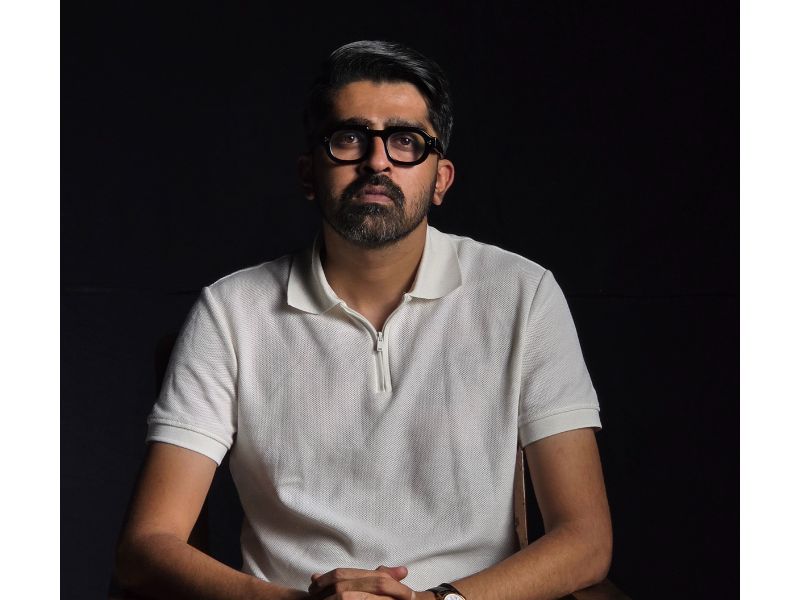No products in the cart.
Racing ahead: How motorsport is shaping future engineers
Omkar Rane, Founder – United Motorsports Academy
For decades, India’s engineering graduates have headed straight for IT parks, swapping workshop floors for cubicles. Now, a growing number are taking a different line—one that runs through asphalt straights and pit lanes. For many Gen Z engineers, motorsport is more than a thrill; it’s a high-speed classroom where skills connect directly to India’s ambitions in electric mobility, advanced manufacturing, and technology.
Off the line: Where speed meets skill
Motorsport is engineering at full throttle. Vehicle set-up, data analysis, and strategy calls that might take weeks in other industries are tackled between practice runs and race starts. The pace demands quick thinking, systems-level problem-solving, and confidence under pressure. Every change in suspension, aerodynamics, or energy recovery delivers instant feedback in lap times and performance charts.
Pit wall lessons: Learning in real time
Racetracks operate like live laboratories for engineering students. They gain hands-on experience in:
- Vehicle dynamics and simulation – balancing grip, stability, and speed using modelling tools.
- Telemetry and data science – interpreting sensor data with Python or MATLAB to make race-day decisions.
- Energy and battery systems – managing battery life, regenerative braking, and thermal control for electric race cars.
Students also work with embedded systems, aerodynamics, and manufacturing techniques such as composite lay-ups and CFD validation. This blend of mechanical, electrical, and software skills prepares them for industries ranging from EV manufacturing to aerospace.
From garage to grid: Beyond the textbook
Traditional engineering courses often lean heavily on theory, with limited opportunities to apply concepts in fast-moving, high-pressure situations. Motorsport programmes flip that script. Students take classroom learning into action—designing vehicles, prototyping components, testing under varied conditions, and competing against strict deadlines.
Every race cycle becomes a feedback loop, where design choices are validated or challenged by on-track performance. This constant process of building, refining, and racing sharpens technical skills, develops quick decision-making, and fosters resilience. By graduation, these engineers are not just degree-holders but proven problem-solvers who have delivered results under real-world pressure.
Slipstream to industry: Why employers want this talent
India’s shift towards electric mobility, connected vehicles, and advanced manufacturing has created demand for engineers who can work seamlessly across disciplines. Motorsport-trained graduates fit this profile. They are accustomed to analysing complex systems under time pressure, collaborating with diverse teams, and translating data into performance improvements in real time.
These qualities carry over directly to EV design, automotive R&D, battery management, and other high-growth sectors. Employers value them for their ability to make immediate contributions, adapt quickly, and approach challenges with a solutions-first mindset—a combination that puts them in the fast lane for recruitment.
Breaking the barrier: Shedding the “elite sport” tag
For decades, motorsport in India was seen as exclusive, accessible only to those with financial backing or rare connections. That perception is now shifting as grassroots initiatives expand. Affordable karting programmes, university-backed racing teams, regional circuits, and industry–academia partnerships are making motorsport more accessible than ever.
By lowering costs, offering scholarships, and integrating motorsport into formal education, the pathway is widening from a narrow lane to an open track. This inclusivity is attracting students from varied backgrounds, enriching the talent pool for both the sport and allied industries.
Fast laps in learning: Bootcamps and short programmes
Short-term motorsport training programmes provide:
- Hands-on experience with professional-grade tools and race vehicles.
- Mentorship from engineers and experienced racers.
These courses often serve as gateways to internships, competition invites, and even direct recruitment opportunities.
Building the track for talent: Steps forward
Motorsport can strengthen its connection with engineering education by:
- Including motorsport-focused modules in university courses.
- Supporting college teams and competitive events.
- Funding scholarships and mentorships for emerging talent.
- Creating internship pipelines with EV start-ups, race teams, and R&D centres.
- Offering targeted courses in CAD, MATLAB/Python, CAN analysis, and battery systems.
Chequered flag: What this means for India
When young engineers choose the track over the cubicle, they bring agility, resourcefulness, and applied knowledge to sectors that drive national growth. Motorsport is more than a sport; it is an intensive training ground for the engineers who will advance electric mobility, manufacturing, and innovation.
For Gen Z, the racetrack offers visible results, hands-on learning, and a direct link between effort and outcome. With grassroots programmes and structured education, motorsport can nurture a new generation of engineers ready to take India across the finish line.
Also Read: Why Motorsport Should Be India’s Next STEM Revolution
















Add comment